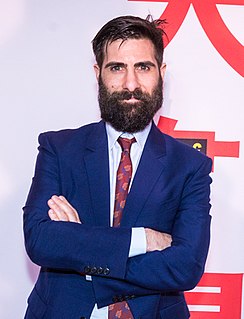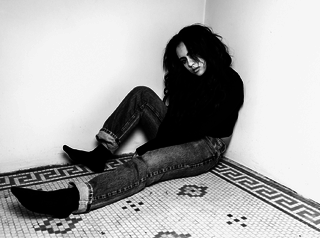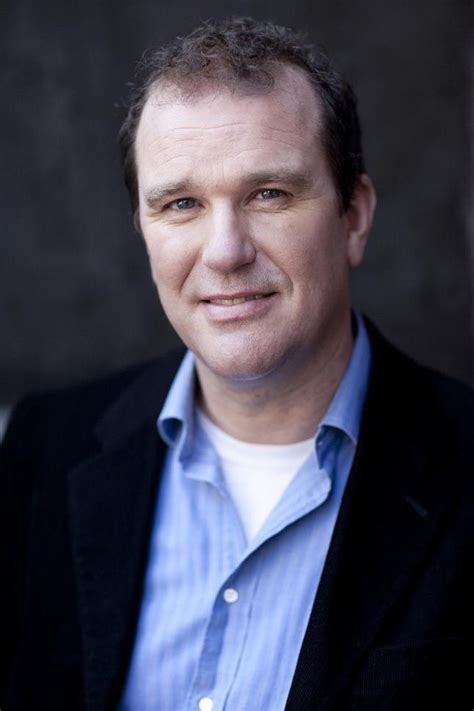A Quote by Jamaica Kincaid
All of these declarations of what writing ought to be, which I had myself-though, thank God I had never committed them to paper-I think are nonsense. You write what you write, and then either it holds up or it doesn't hold up. There are no rules or particular sensibilities. I don't believe in that at all anymore.
Related Quotes
I don't want to analyze myself or anything, but I think, in fact I know this to be true, that I enter the world through what I write. I grew up believing, and continue to believe, that I am a screw-up, that growing up with my family and friends, I had nothing to offer in any conversation. But when I started writing, suddenly there was something that I brought to the party that was at a high-enough level.
As soon as I start to write I'm very aware, I'm trying to be aware that a reader just might well pick up this poem, a stranger. So when I'm writing - and I think that this is important for all writers - I'm trying to be a writer and a reader back and forth. I write two lines or three lines. I will immediately stop and turn into a reader instead of a writer, and I'll read those lines as if I had never seen them before and as if I had never written them.
Curiously, the balance seems to come when writing is woven into every aspect of my life, like eating or exercising - one flows constantly into the next: I'll wake up and have coffee, read the news, then write a letter or two (always in longhand), then go teach, and after teaching write a bit in a journal - dreams, what I had for breakfast and lunch and why I had it, what's on the iPod, sexual habits, etc. - then read a bit, then work on a real bit of writing...you get the idea.
I had a lot of great lakes of ignorance that I was up against, I would write what I knew in almost like islands that were rising up out of the oceans. Then I would take time off and read, sometimes for months, then I would write more of what I knew, and saw what I could see, as much as the story as I could see. And then at a certain point I had to write out what I thought was the plot because it was so hard to keep it all together in my head. And then I started to write in a more linear way.
Think of a book special to you, and how much bleaker and poorer your life would be if that one writer had not existed - if that one writer had not, a hundred times or a thousand, made the choice to write. You're going to be that one writer one day for somebody you may never meet. Nobody can write that book you're going to write - that book that will light up and change up a life - but you.
I've had to really teach myself that when you're not feeling it, you shouldn't write anything down because you're going to end up coming back and re-writing it later. Whereas, if you write when you're feeling something, when you're really in the streak, then that's when you're going to get your best stuff.
If I had to write a rough draft, all the way through and then go back and start over, I probably would just stop writing. I wouldn't find that interesting. I would feel that I had committed so many things to the paper that I couldn't easily undo because one thing leads to the next, the interconnectedness, the sequences would make it very hard to change something that simply didn't work.
I always knew from the beginning that this was the only way to write Then We Came To The End - that it had to be in first - person plural if it was going to illustrate how the individual becomes part of the collective. I had no interest in writing the book in a more conventional voice. It goes back to that fascination I had with telling a story in multiple ways. It was the only choice I gave myself, really - I said "This is it, pal. If you can't tell a story this way, you're going to have to abandon the book. Write it this way or give up."





































